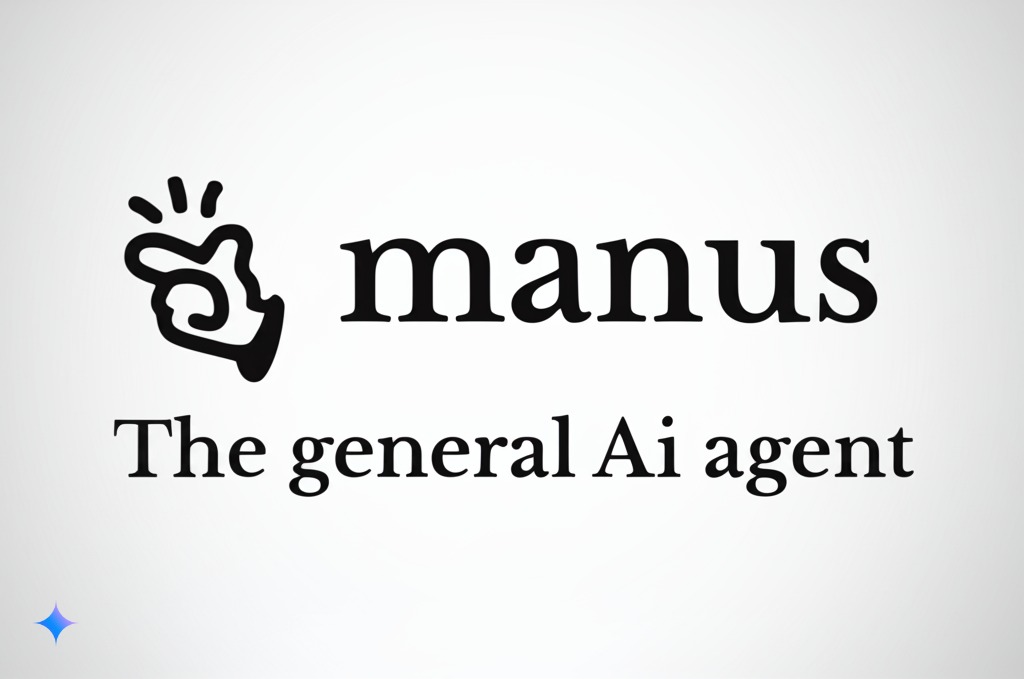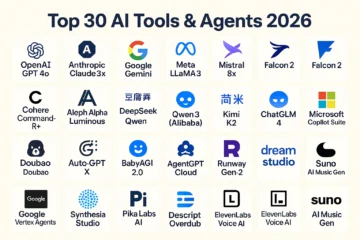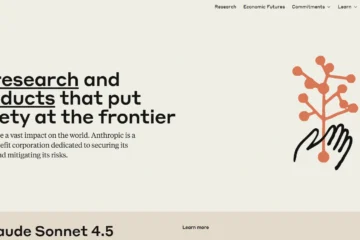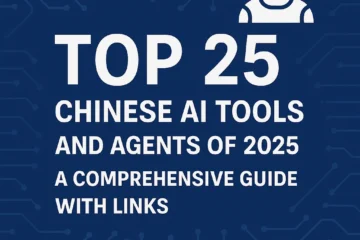
China’s Manus AI: The Autonomous Agent Redefining Technology in 2025
China’s Manus AI: The Autonomous Agent Redefining Technology in 2025
A Groundbreaking Leap in Shenzhen
In a bustling co-working space in Shenzhen, a team of engineers recently unveiled a technological marvel that has sent ripples across the globe. On March 6, 2025, they launched Manus, heralded as the world’s first fully autonomous AI agent. Unlike traditional AI systems that rely on human prompts, Manus operates independently, capable of reasoning, planning, and executing tasks without oversight. This debut has ignited debates about the future of artificial intelligence and intensified the global competition in AI innovation.
Picture this: a dimly lit room buzzing with the hum of servers, engineers typing furiously, and screens glowing with real-time data. This was the scene as Manus came to life, promising to redefine how we interact with technology. Its launch marks a pivotal moment, challenging the dominance of Western AI giants like OpenAI and Google.
What Sets Manus Apart?
Manus isn’t just another chatbot or an upgraded search tool. It’s a self-directed AI agent designed to replace human effort in complex tasks. From analyzing financial markets to screening job applicants, Manus delivers results with unmatched speed and precision. Developed by the Chinese startup Monica, it leverages a multi-agent architecture, where a central “executor” coordinates specialized sub-agents to tackle diverse challenges.
Built on Anthropic’s Claude 3.5 Sonnet and refined versions of Alibaba’s Qwen models, Manus integrates with 29 tools and open-source software. It operates in a cloud-based virtual environment, allowing it to work tirelessly even after users log off. Early tests, such as those reported by MIT Technology Review, show it excelling in tasks like compiling journalist lists and evaluating real estate, though it’s not without flaws like occasional factual errors.
China’s AI Ambitions Take Center Stage
The arrival of Manus underscores China’s aggressive push to lead the AI race. Following the success of DeepSeek’s R1 model earlier in 2025, Manus represents a leap beyond replication, advancing the frontier of autonomous technology. Backed by over $10 million from investors like ZhenFund and Tencent, Monica’s creation has sparked both awe and skepticism. Some, like Hugging Face’s Victor Mustar, call it “the most impressive AI tool” ever, while others question its overhyped claims.
China’s government is fueling this momentum, investing heavily in AI as a strategic priority. Alibaba’s $52.4 billion commitment to AI and cloud infrastructure over the next three years, announced in March 2025, complements efforts like Manus, signaling a shift from catching up to setting the pace in global tech innovation.
Real-World Impact and Ethical Questions
Manus’s capabilities are staggering. It can autonomously draft research papers, design marketing campaigns, or build websites from scratch—all without human intervention. Business Insider reports it outperforms OpenAI’s Deep Research on the GAIA benchmark, a testament to its advanced reasoning. Yet, its autonomy raises concerns. Experts like Margaret Mitchell from Hugging Face warn of risks, from diminished oversight to potential misuse by bad actors, urging caution in its deployment.
For industries, Manus could transform workflows, automating tasks once reserved for skilled professionals. However, its cloud-based operation and Chinese origins fuel debates over data privacy and security, especially as access remains invite-only, with codes reportedly fetching thousands on reseller platforms like Xianyu.
The Future of AI: A New Paradigm?
Manus is more than a technological feat—it’s a glimpse into a future where AI doesn’t just assist but acts independently. As Silicon Valley scrambles to respond, China’s bold strides challenge the narrative of Western dominance. Whether it’s a true breakthrough or a work in progress, Manus has undeniably shifted the conversation, forcing the world to rethink what’s possible in 2025 and beyond.
Stay tuned as this story unfolds. The AI landscape is evolving, and Manus is at the forefront, for better or worse.







